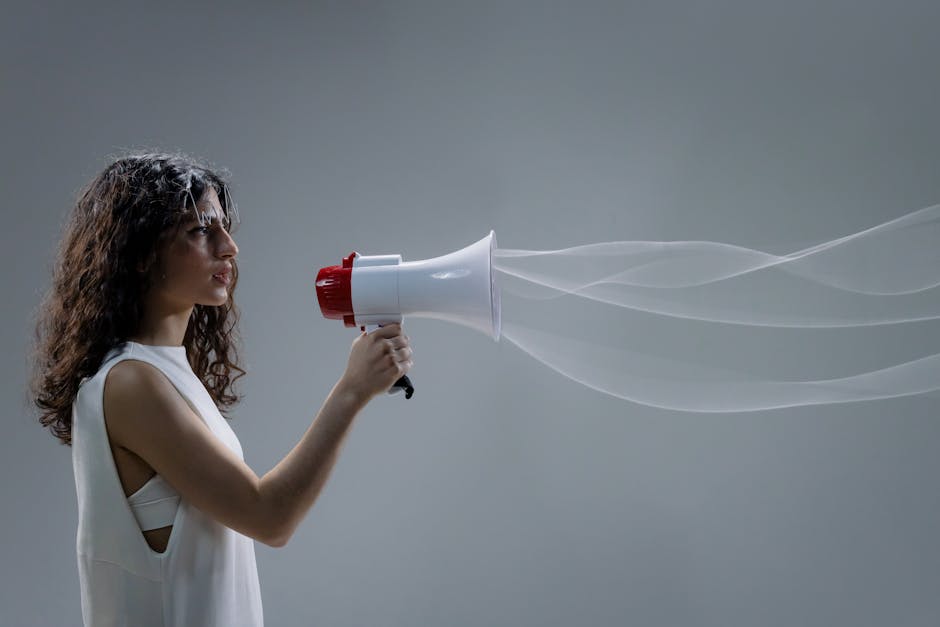Modern society, a complex tapestry woven from interwoven threads of economic influence, technological advancement, and societal structures, presents a multifaceted challenge when attempting to pinpoint the single entity holding ultimate power. A simplistic answer fails to capture the nuanced reality of distributed authority and influence. Instead, a more insightful approach recognizes a dynamic interplay of forces, with no single entity definitively reigning supreme. This article explores the intricate interplay of power structures, examining the contenders vying for the title of dominant force in our world today.
Corporations, often operating across national borders, wield substantial influence. Their economic power is undeniable, shaping markets, impacting labor conditions, and profoundly influencing public discourse through advertising and lobbying. Global corporations command resources that dwarf many nation-states, thereby dictating production, consumption patterns, and even political agendas. Their capacity to dictate global supply chains and market trends suggests a significant level of power, often operating beyond direct political control.
While corporations loom large, state-level actors remain significant players. Governments, through their legislative and executive powers, control resources, enforce laws, and exert influence on societal affairs. However, the nature of power within a state itself is often contested. The democratic ideal suggests the people hold ultimate power through their votes, yet in practice, bureaucracies, political parties, and powerful interest groups can often shape the narrative and influence policy decisions. This underscores a crucial point: power within a state is often a delicate balance, contested and renegotiated regularly.
Beyond the traditional spheres of corporate and state power, a new force has emergednon-governmental organizations (NGOs). From advocacy groups to humanitarian organizations, NGOs have gained considerable traction in influencing policy and mobilizing public opinion. Their ability to mobilize grassroots movements, shape public discourse, and even exert pressure on governments and corporations highlights their growing influence in the global arena. Furthermore, their often-international reach allows for the bypassing of traditional governmental structures, thereby challenging the traditional power dynamics.
The technology sector, too, has become a major player in the contest for power. The ability to manipulate information, shape public opinion, and control access to knowledge and information bestows a remarkable degree of influence. Tech giants control massive amounts of user data, wielding influence on public discourse through algorithms, social media feeds, and targeted advertising. This powerful position raises ethical concerns and questions about the extent of their power over individuals and society. Does the control over information pathways equate to the potential for dictating societal values? This raises complex questions regarding their responsibility and accountability.
Furthermore, an intricate network of global institutions and international organizations contribute to the complex power dynamics. These institutions, such as the World Bank and the International Monetary Fund, have the capacity to influence economic policies in many nations, creating a form of indirect control. The decisions of these organizations can significantly affect national economies, raising questions about the distribution of power on a global scale.
It is therefore incorrect to perceive a single entity as possessing absolute power. Instead, the current landscape is characterized by a multiplicity of actors vying for influence. Each possesses a unique form of power, and the most potent entities are often not the clearest to identify. A company’s ability to dictate market trends may be countered by a government’s regulatory framework, while a movement’s social media presence might challenge a corporation’s traditional advertising strategies. The resulting interaction creates a highly dynamic and interconnected web of power, with ongoing negotiations and shifts in influence.
The rise of global interconnectedness has also increased the influence of powerful individuals. Celebrities, philanthropists, and prominent thought leaders often hold significant sway over public opinion and can shape policy discussions. Their influence is often leveraged to advocate for particular causes and mobilize support, contributing to a complex interplay of various power forces.
It is imperative to recognize that power is not a static entity; it’s constantly evolving. Technological advancements, economic shifts, and social movements can quickly alter the balance of power. The relative influence of corporations, governments, NGOs, and individuals is in constant flux, necessitating a constant reassessment of the power dynamics in our society. The very nature of power, therefore, is fluid and complex, defying easy categorization. This dynamic interplay highlights that power in modern society is not held by one entity but diffused among numerous actors interacting within a globalized framework. Understanding these intricate power dynamics, is crucial for comprehending contemporary political and societal structures. Ultimately, the true seat of power lies not in the hands of any single entity, but in the complex and often unpredictable interplay among them.






